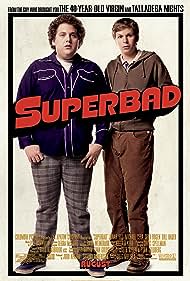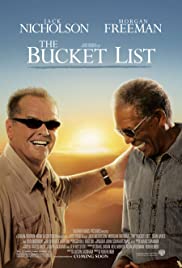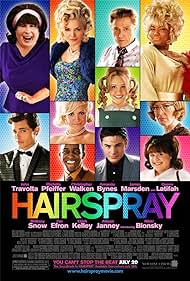Los Japón Banda sonora (2019)
Sinopsis
Following movies as King Ralph (1991), Los Japón is a comedy that starts with a tragedy: Emperor Satohito have died not having children nor heir to rule Japan. Forced the Japanese government to locate a possible descendant around the world to accept the throne, it finds in the archives an old history about Hasekura Tsunenaga, an Emperor Kanmu's nephew who in 1614 traveled Coria del Río, a little town of Sevilla (Andalusia; south to Spain), falling in love of a Sevillian woman and marrying her for never returning Japan. The investigation ends in Paco Japón, a 40 years old Sevillian syndicalist, atheist and republican anti-monarchical worried about the situation of his job partners in the car factory Kuruma where he works. Hidaka, Emperor Satohito's assistant, moves Spain to meet Paco in Coria del Río, where he lives with his wife Encarni, their teenage children (older Paqui and younger Fran) and Don Francisco, Encarni's father and Paco's father-in-law, hoping that Paco accepts the throne, but he rejects Hidaka taking wrongly as a bad joke.
After a discussion with Encarni about to give a good life for them and their children, Paco accepts Hidaka's proposal and all the family move Tokyo for living in the Imperial Palace in order to accomplish Paco's new responsibility as Emperor. Therefore, troubles start from the beginning: Paco has serious limitations to learn Japanase's language and customs; Encarni learns about her poor influence and power as Empress at the same time she tries update the Japanese's inheritance laws for that Paqui and not Fran can be heir to the throne with help of her personal assistant Mariko; Paqui is a vain and whimsical girl that only wants money, luxury and fun, not interested in her role as princess; Fran passes the days trying to be a ninja with an instructor in martial arts; and finally Don Francisco cheats Paqui's ex boyfriend Curro for traveling Japan in the hope to recover Paqui, causing troubles in Tokyo time and time again. As if it wasn't enough, someone tries to kill Paco and Encarni to avoid their coronation, turning upside-down life in the Imperial Palace as anyone could be imagine.
Escucha y descarga la lista de bandas sonoras
| Reproducir | Título | Artista |
|---|---|---|
|
Los Japón
|
||
|
El muerto vivo
|
Peret:
Artista
|
|
|
Si te atreves
|
||
|
El adiós
|
Peret:
Artista
|
|
|
Introducción
|
Julio de la Rosa:
Artista
|
|
|
Big In Japan
|
Julio de la Rosa:
Artista
|
|
|
Animación
|
Julio de la Rosa:
Artista
|
|
|
Pues Sí
|
Julio de la Rosa:
Artista
|
|
|
Vámonos
|
Julio de la Rosa:
Artista
|
|
|
Animación I
|
Julio de la Rosa:
Artista
|
|
|
Boda
|
Julio de la Rosa:
Artista
|
|
|
A Comer
|
Julio de la Rosa:
Artista
|
|
|
El Emperador
|
Julio de la Rosa:
Artista
|
|
|
La Tapia
|
Julio de la Rosa:
Artista
|
|
|
El Demonio Occidental
|
Julio de la Rosa:
Artista
|
|
|
Big In Japan I
|
Julio de la Rosa:
Artista
|
|
|
En la Cama
|
Julio de la Rosa:
Artista
|
|
|
La Lucha
|
Julio de la Rosa:
Artista
|
|
|
El Pasillo
|
Julio de la Rosa:
Artista
|
|
|
Buenas Noches Señores
|
Julio de la Rosa:
Artista
|
|
|
Cena
|
Julio de la Rosa:
Artista
|
|
|
La Partida de Cartas
|
Julio de la Rosa:
Artista
|
|
|
A Comer I
|
Julio de la Rosa:
Artista
|
|
|
En la Comisaría
|
Julio de la Rosa:
Artista
|
|
|
La Princesa Triste
|
Julio de la Rosa:
Artista
|
|
|
Reconciliación
|
Julio de la Rosa:
Artista
|
|
|
El Emperador I
|
Julio de la Rosa:
Artista
|
|
|
Animación II
|
Julio de la Rosa:
Artista
|
|
|
Big In Japan II
|
Julio de la Rosa:
Artista
|
|
|
Si Te Atreves (Juan Magan González, Juan Magán, Don Omar & William Omar Landrón Rivera)
|
Julio de la Rosa:
Artista
|
|














